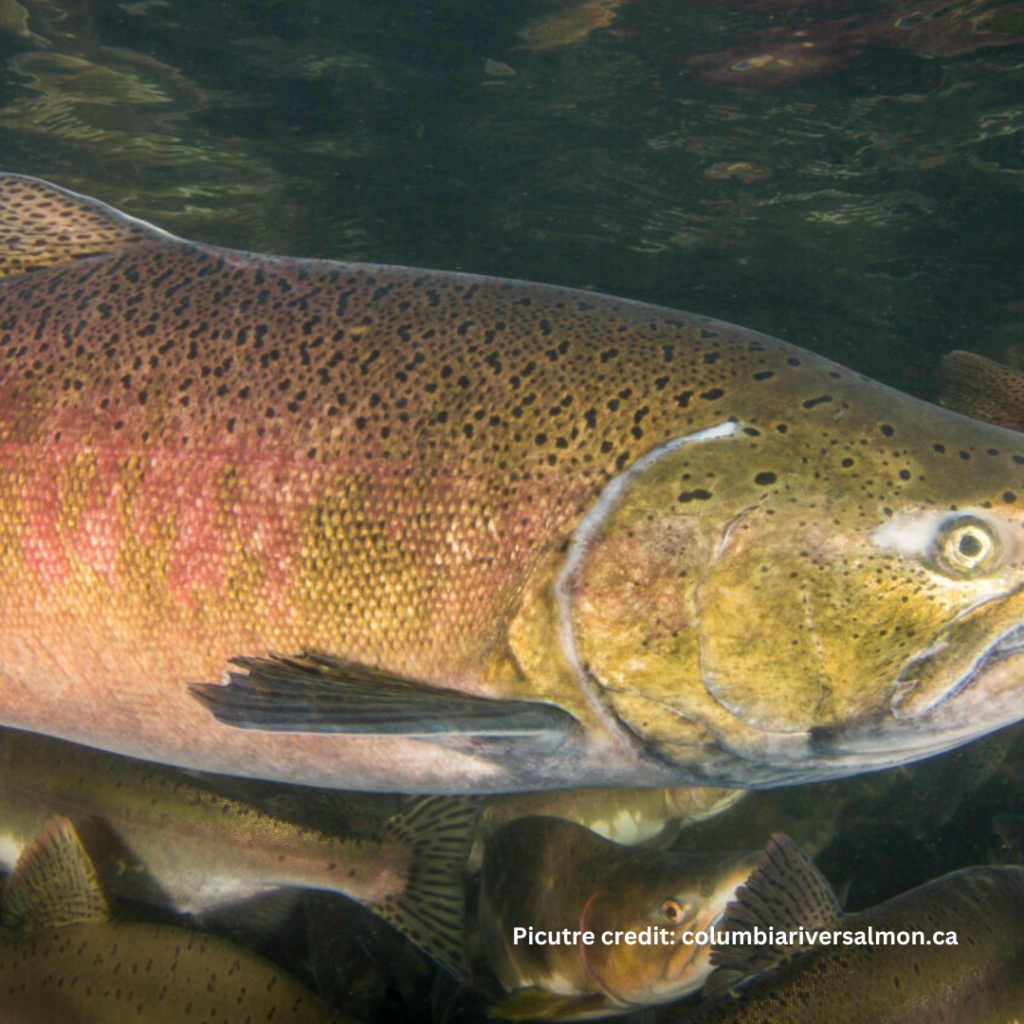The dietary preferences of Northern Resident Orcas, specifically their preference for salmon, particularly chinook salmon, over other mammals, is an intriguing aspect of their ecological niche. Unlike other orca eco-types that include marine mammals in their diet, the Northern Resident Orcas have evolved to primarily consume salmon.
This selective feeding behavior can be attributed to several factors. Firstly, the abundance and availability of salmon in their habitat play a significant role. The coastal waters of the Pacific Northwest, where these orcas reside, are rich in salmon populations during specific seasons. This ample supply of salmon makes it a readily accessible and reliable food source for the Northern Resident Orcas.
Furthermore, the nutritional value of salmon contributes to its appeal as a preferred prey item for these orcas. Salmon is highly nutritious and provides essential fatty acids that are crucial for their overall health and energy requirements.
Additionally, it is believed that the unique hunting techniques employed by Northern Resident Orcas may also contribute to their specialization in consuming salmon. These orcas have developed sophisticated strategies to capture and feed on fast-swimming fish like chinook salmon.
While other orca eco-types may incorporate marine mammals into their diet due to different ecological circumstances and prey availability in their respective habitats, the Northern Resident Orcas have adapted specifically to rely on a diet predominantly composed of salmon.
Understanding this specialized dietary preference sheds light on the intricate dynamics between predator and prey within marine ecosystems and highlights the fascinating adaptations exhibited by different ecotypes of killer whales.
